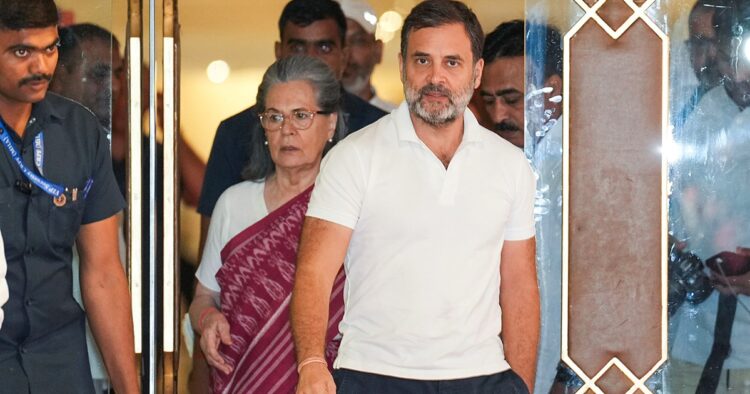The Prime Minister’s Museum & Library (PMML), previously known as the Nehru Memorial Museum and Library (NMML), has officially reached out to the Congress leaders Sonia Gandhi and Rahul Gandhi, asking for the return of 51 cartons consisting private letters and papers belonging to former Prime Minister Jawaharlal Nehru.
These documents, initially donated by Indira Gandhi to the Jawaharlal Nehru Memorial Fund (JNMF) for “safekeeping,” are of immense historical significance, containing correspondence with prominent personalities such as Edwina Mountbatten, Albert Einstein, Jayaprakash Narayan, and Aruna Asaf Ali. The PMML maintains that these records are crucial for scholars and for preserving India’s historical narrative.
The private papers were originally deposited by Indira Gandhi with JNMF under strict conditions. Unlike a formal gift, the arrangement ensured that the documents could not be accessed by scholars without her explicit permission. Indira Gandhi retained ownership of the collection until her assassination in 1984.
Later, Congress leader Sonia Gandhi also contributed Nehru’s private letters to JNMF, again under a similar arrangement for “safe custody. In a contentious development, the private collection of letters was removed from NMML on May 5, 2008. According to records, Sonia Gandhi dispatched a representative, M.V. Rajan, to the museum to segregate the private papers from Nehru’s official documents.
The process, facilitated by museum officials, resulted in the packing of the private letters into 51 cartons, which were subsequently transferred to Sonia Gandhi’s custody. At the time, Sonia Gandhi served as chairperson of the Congress-led United Progressive Alliance (UPA) government.
Efforts to retrieve the private collection, including Nehru’s letters to Edwina Mountbatten, have reportedly stalled since 2014, despite renewed attempts by the PMML after its renaming in 2022. The matter came under discussion during the Annual General Meeting (AGM) of the PMML in April 2024. The meeting, attended by senior Cabinet members, including Rajnath Singh, Dharmendra Pradhan, and Nirmala Sitharaman, underscored the importance of these documents in understanding a critical period of India’s history.

















Comments